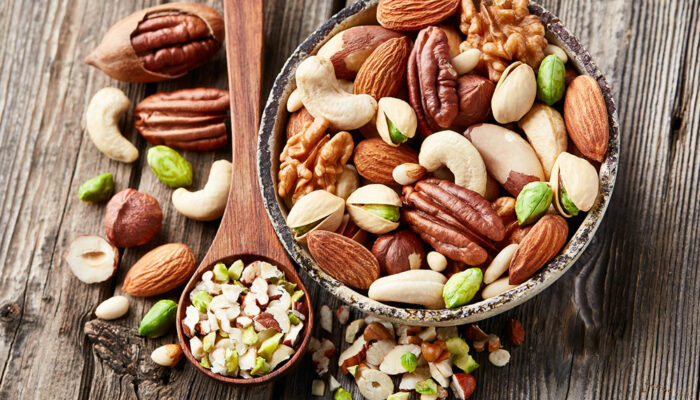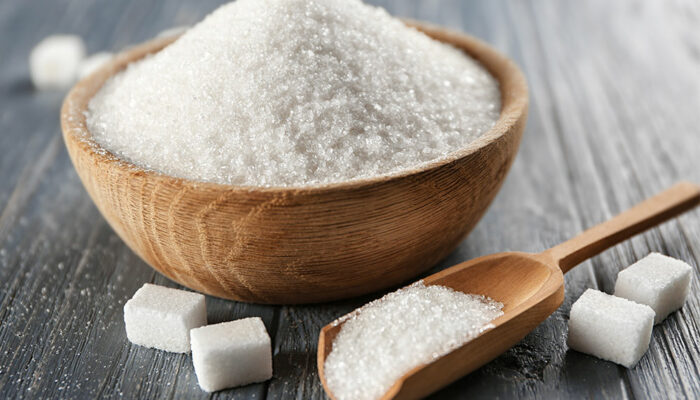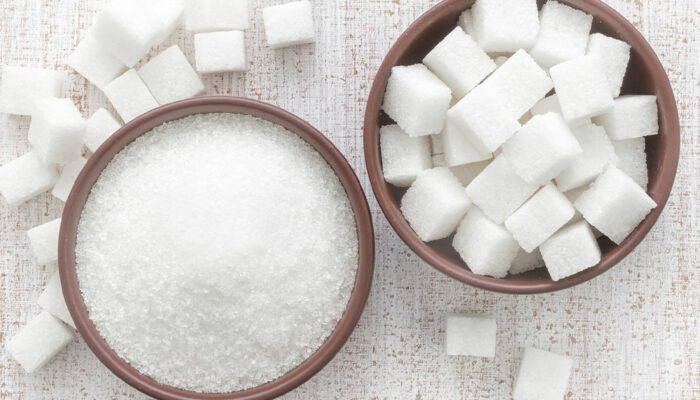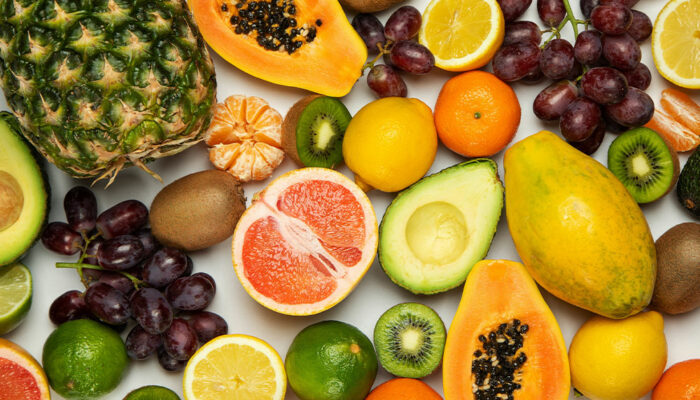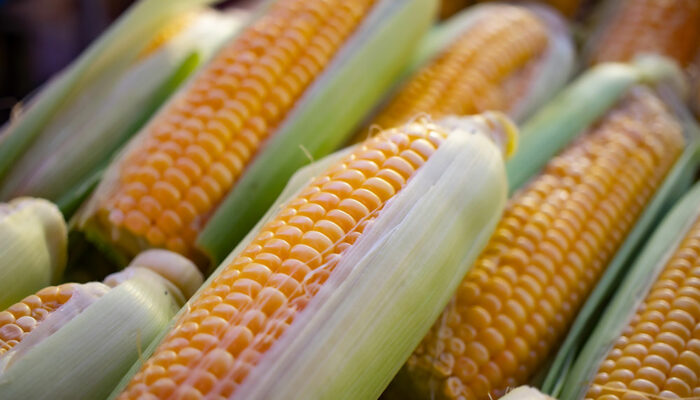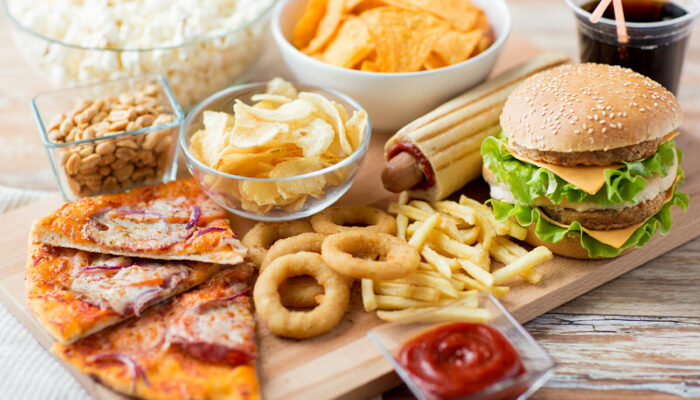
Health
6 common migraine triggers to be aware of
A migraine is a severe form of headache occurring on one side of the head. It is also characterized by nausea, light and sound sensitivity, vomiting and, sometimes, loss of appetite or cravings. The most common migraine types are aura migraine, which affects vision, and common migraine, wherein vision is not compromised. This article discusses the most common migraine triggers, as well as treatment options, meal plans, and lifestyle changes to alleviate its effects: Various factors are involved in causing a migraine. It is best to know the causes of one’s migraine so that the treatment options can be recommended accordingly. Here are some common migraine triggers. Stress Stress is a highly common cause of migraine. It can alter brain structures and functions, causing or aggravating migraine. Excess stress can often lead to a vicious cycle, wherein individuals with high stress levels develop migraine, which further elevates stress. Hormonal changes Hormonal changes, particularly in women, are major triggers of migraine. Women may experience severe migraines at the onset of periods or during pregnancy and menopause. Contraceptive pills can exacerbate the condition in some women. Weather fluctuations Changes in weather can trigger hormonal imbalances in the brain, particularly the serotonin levels, causing a migraine.
Read More 

